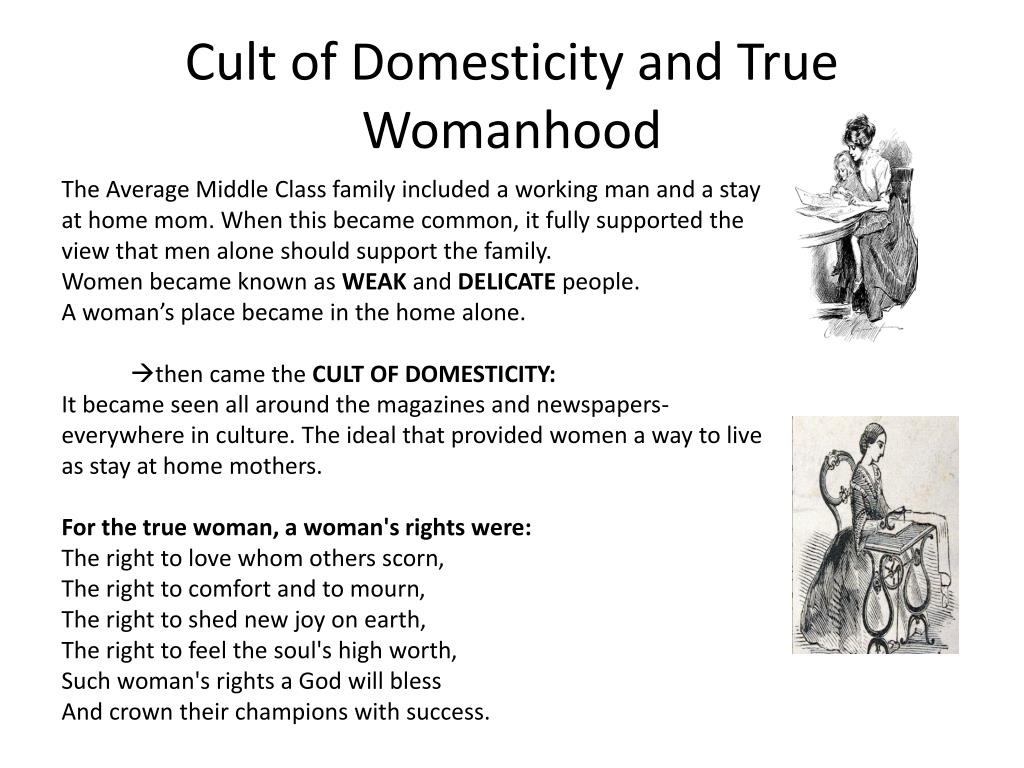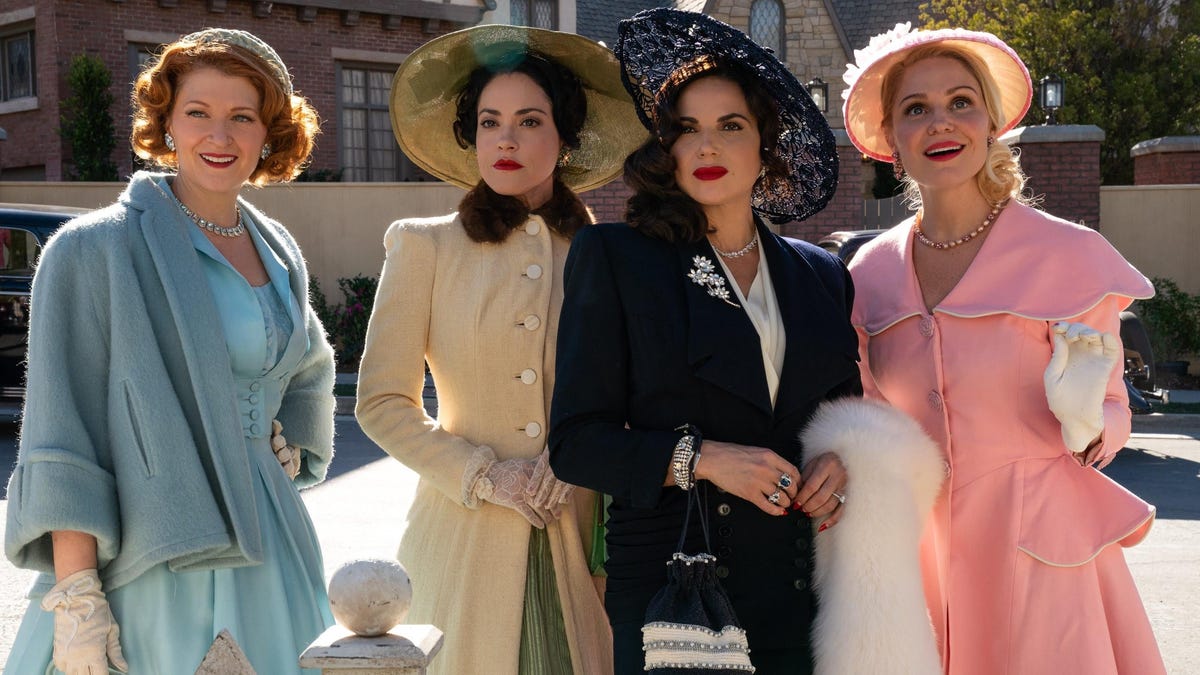Why Ladies Kill: A Deconstruction of Domesticity, Need, and Lethal Penalties
Associated Articles: Why Ladies Kill: A Deconstruction of Domesticity, Need, and Lethal Penalties
Introduction
On this auspicious event, we’re delighted to delve into the intriguing subject associated to Why Ladies Kill: A Deconstruction of Domesticity, Need, and Lethal Penalties. Let’s weave fascinating data and supply contemporary views to the readers.
Desk of Content material
Why Ladies Kill: A Deconstruction of Domesticity, Need, and Lethal Penalties

"Why Ladies Kill," the darkly comedic anthology sequence, is not nearly homicide; it is a nuanced exploration of feminine want, societal constraints, and the devastating penalties of a patriarchal system that always leaves ladies with restricted company. Every season, set in a distinct period, presents a trio of girls navigating complicated relationships and going through seemingly insurmountable obstacles, culminating in acts of violence that, whereas surprising, are sometimes introduced as comprehensible – even sympathetic – responses to insupportable conditions. The present’s success lies not in glorifying violence, however in its unflinching portrayal of the pressures confronted by ladies throughout totally different historic durations and its exploration of how these pressures can result in excessive measures.
The primary season, set in 1963, introduces Beth Ann Stanton, a seemingly excellent housewife whose idyllic suburban life crumbles when she discovers her husband’s infidelity. Beth’s story is a chilling commentary on the suffocating constraints of Nineteen Sixties domesticity. Ladies had been anticipated to be subservient, their identities completely outlined by their roles as wives and moms. Beth’s fastidiously constructed world, meticulously maintained in keeping with societal expectations, shatters beneath the burden of her husband’s betrayal, exposing the vacancy at its core. Her subsequent actions, whereas undeniably violent, stem from a determined try and reclaim her energy and company in a world that actively denies her each. The present would not condone her actions, however it humanizes her wrestle, revealing the desperation that may drive a seemingly bizarre lady to extraordinary measures.
The second season, leaping to 1984, shifts the main focus to a gaggle of girls navigating the complexities of infidelity, ambition, and social climbing within the period of the burgeoning yuppie tradition. Simone Grove, a profitable tv author, discovers her husband’s secret life and embarks on a path of revenge that’s each calculated and emotionally charged. Her story highlights the double requirements confronted by ladies within the office, the place ambition is usually perceived as a menace, and success is usually measured towards male counterparts. Simone’s actions, whereas arguably much less justifiable than Beth’s, are rooted in the identical sense of powerlessness and the will to reclaim management over her life and her narrative. The season explores the methods during which societal pressures, notably these positioned on ladies to take care of a sure picture and obtain a particular degree of success, can result in harmful behaviors.
The third season, set within the current day, takes a distinct method, specializing in a gaggle of girls grappling with the complexities of recent relationships and the ever-evolving definition of household. This season explores themes of identification, sexuality, and the challenges of sustaining relationships in a world saturated with social media and prompt gratification. Whereas the violence stays a central aspect, the motivations are extra multifaceted and nuanced, reflecting the complexities of recent relationships and the struggles ladies face in a world that continues to grapple with gender equality.
The present’s success in depicting these complicated narratives lies in its refusal to supply simplistic solutions or ethical judgments. It would not shrink back from the morally grey areas, presenting its characters as flawed, complicated people pushed by a mix of affection, anger, betrayal, and a want for self-preservation. The violence shouldn’t be gratuitous; it is a consequence of the characters’ circumstances, a determined try and reclaim energy and company within the face of overwhelming odds.
Moreover, "Why Ladies Kill" cleverly makes use of humor to offset the darker themes. The darkish humor acts as an important counterpoint to the intense subject material, stopping the present from turning into overly melodramatic or preachy. The witty dialogue and sometimes absurd conditions present a layer of levity that permits the viewers to interact with the complicated emotional panorama of the characters with out turning into overwhelmed by the gravity of their actions. This mix of darkish humor and dramatic rigidity is what makes the present so compelling and thought-provoking.
The present additionally masterfully makes use of its anthology format to discover the evolution of feminine experiences throughout totally different eras. By setting every season in a distinct time interval, the present highlights how the challenges confronted by ladies have modified over time, whereas additionally emphasizing the enduring themes of feminine oppression, societal expectations, and the wrestle for autonomy. This permits for a broader examination of the complicated relationship between ladies, energy, and violence.
Nonetheless, the present’s concentrate on violence, even when contextualized, raises necessary questions on its portrayal of feminine company. Whereas the present goals to reveal the desperation that may lead ladies to excessive measures, critics argue that it dangers romanticizing and even glorifying violence as an answer to societal issues. The road between exploring the motivations behind violence and condoning it’s a delicate one, and the present sometimes treads near this boundary. It is essential for viewers to interact with the present critically, recognizing that the characters’ actions, whereas comprehensible inside their particular contexts, should not essentially justifiable or consultant of all ladies’s experiences.
In conclusion, "Why Ladies Kill" is a compelling and thought-provoking sequence that provides a nuanced exploration of feminine want, societal constraints, and the devastating penalties of a patriarchal system. Whereas its depiction of violence is undoubtedly controversial, the present’s power lies in its willingness to interact with the complexities of feminine expertise throughout totally different historic durations, presenting its characters as flawed however relatable people struggling to navigate a world that always denies them the company and energy they deserve. The present’s darkish humor and its refusal to supply straightforward solutions make it a charming and in the end unforgettable exploration of the darkish aspect of domesticity and the lengths to which ladies will go to reclaim their lives. Nonetheless, it’s important to method the present with vital consciousness, recognizing the complexities of the themes it explores and the potential pitfalls of romanticizing violence as an answer to systemic inequality. The present’s true worth lies not in its glorification of violence, however in its prompting of essential conversations about feminine empowerment, societal expectations, and the enduring struggle for equality.

![Why Women Kill [1]](https://truevisions.co.th/static/517ddfb7-2195-42eb-a5cc-5f8d0c3865d6.jpg)






Closure
Thus, we hope this text has offered beneficial insights into Why Ladies Kill: A Deconstruction of Domesticity, Need, and Lethal Penalties. We thanks for taking the time to learn this text. See you in our subsequent article!

